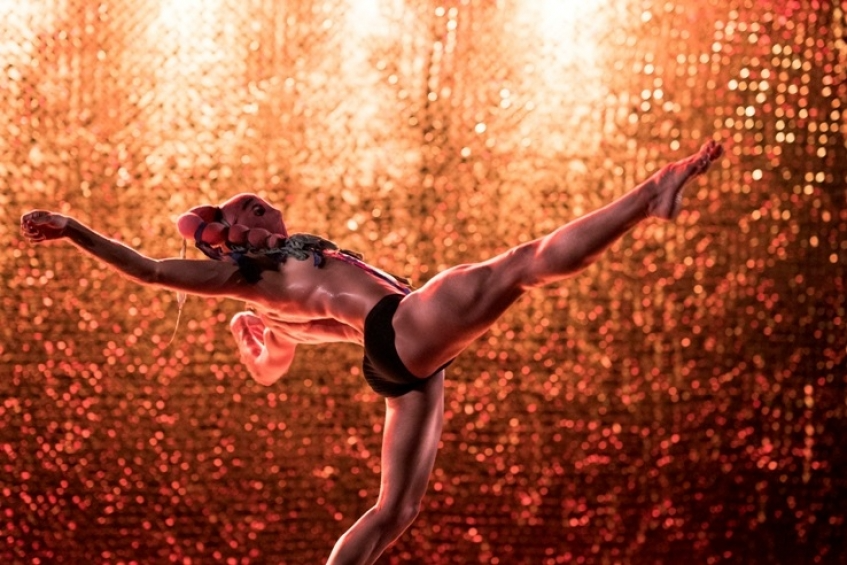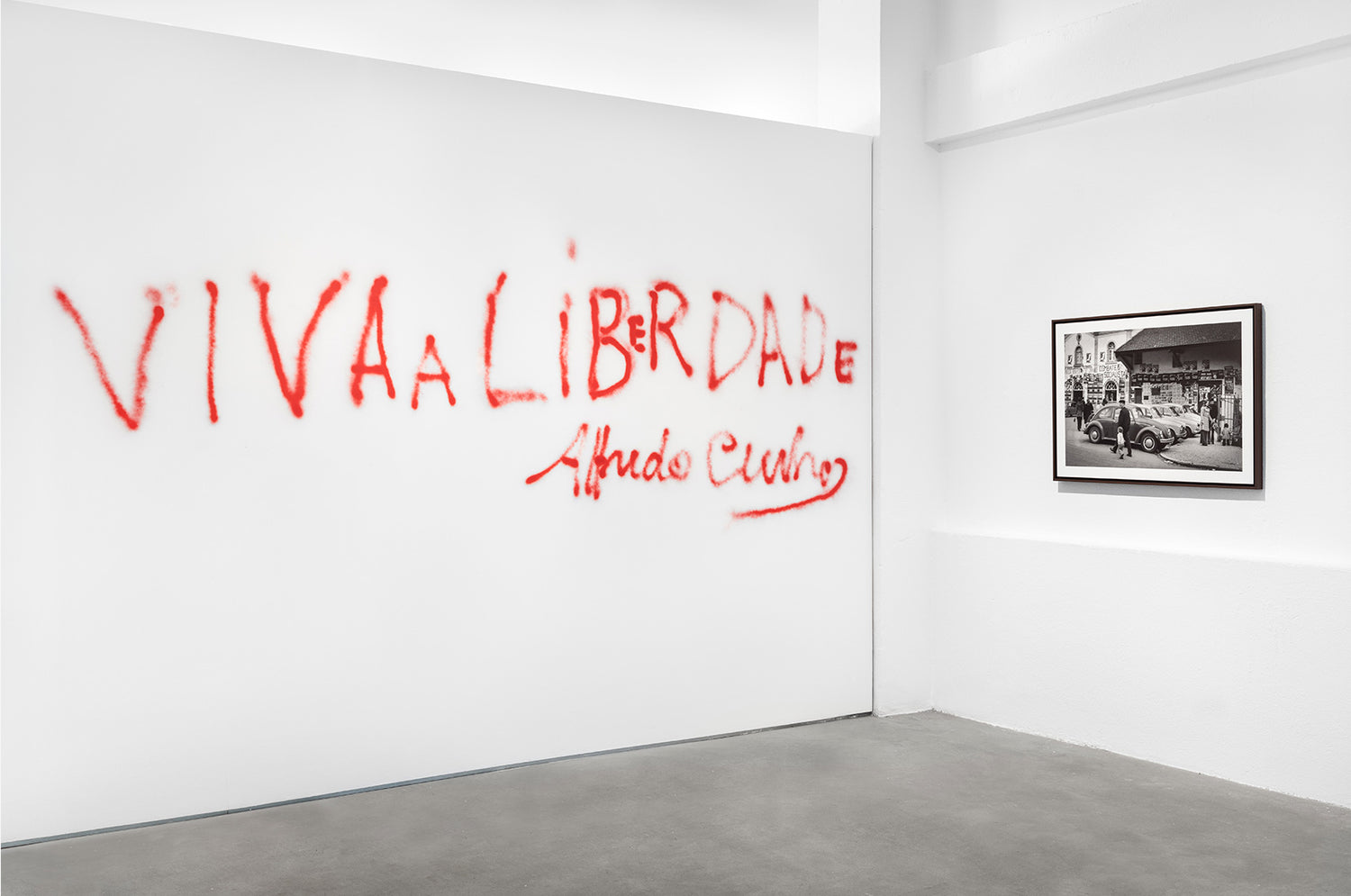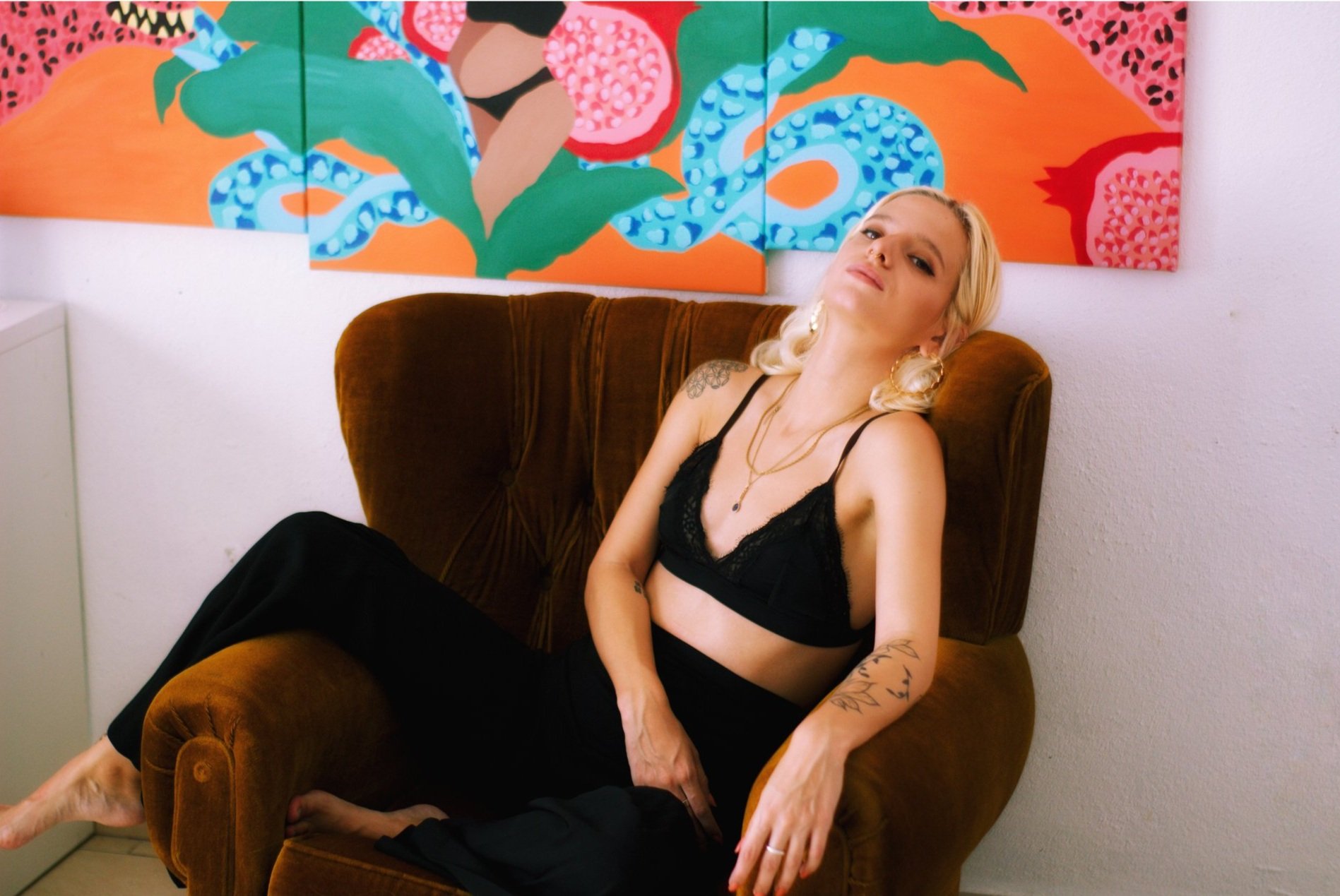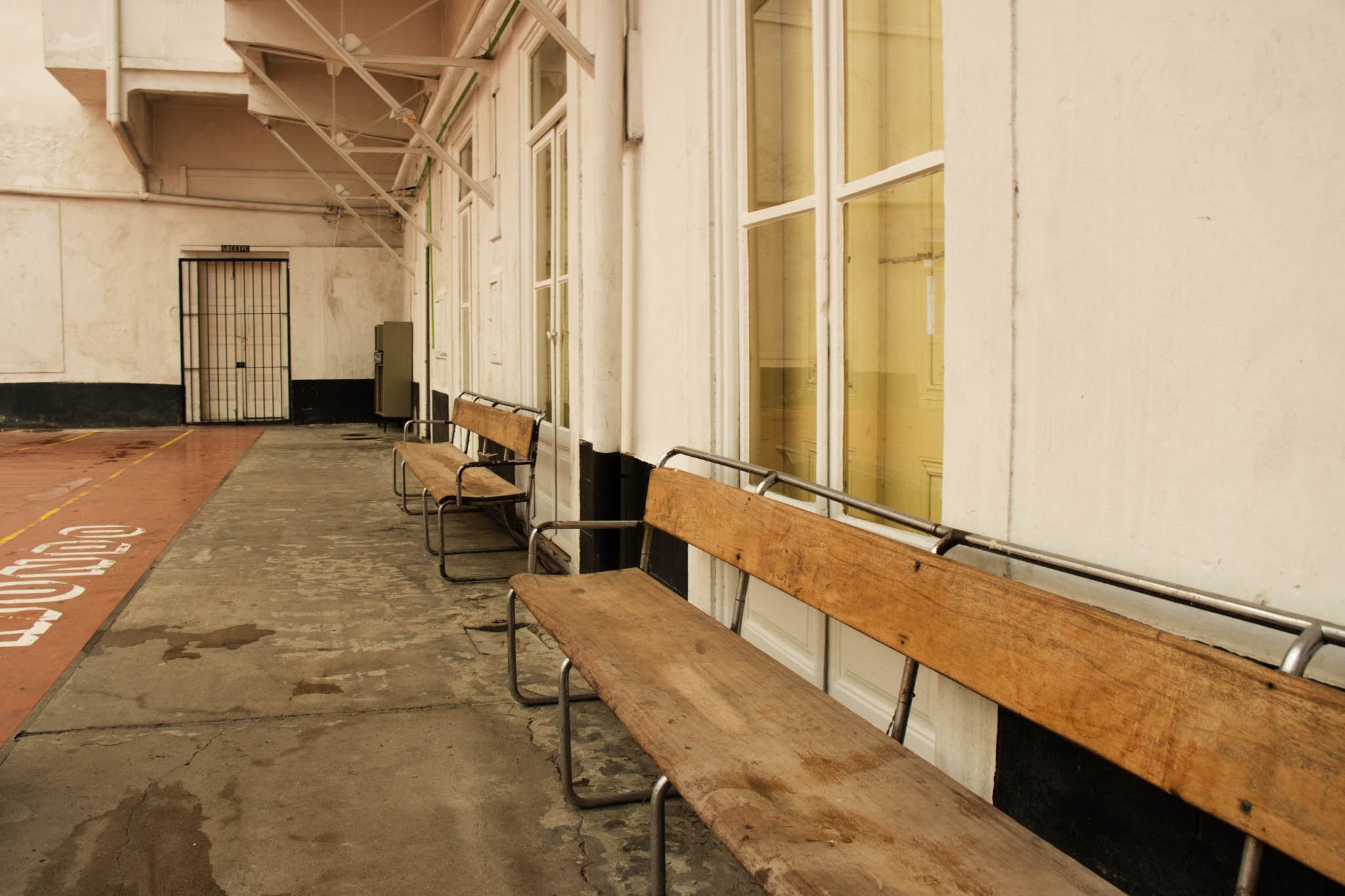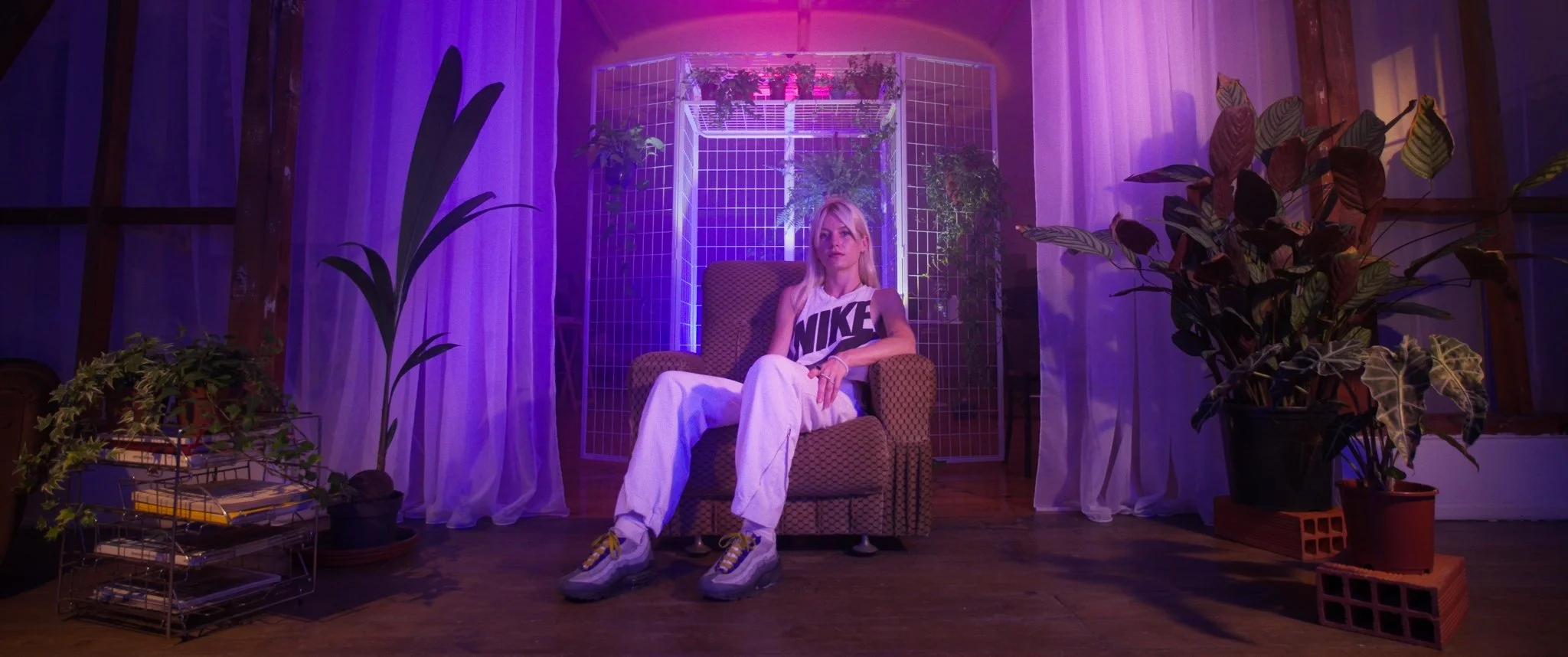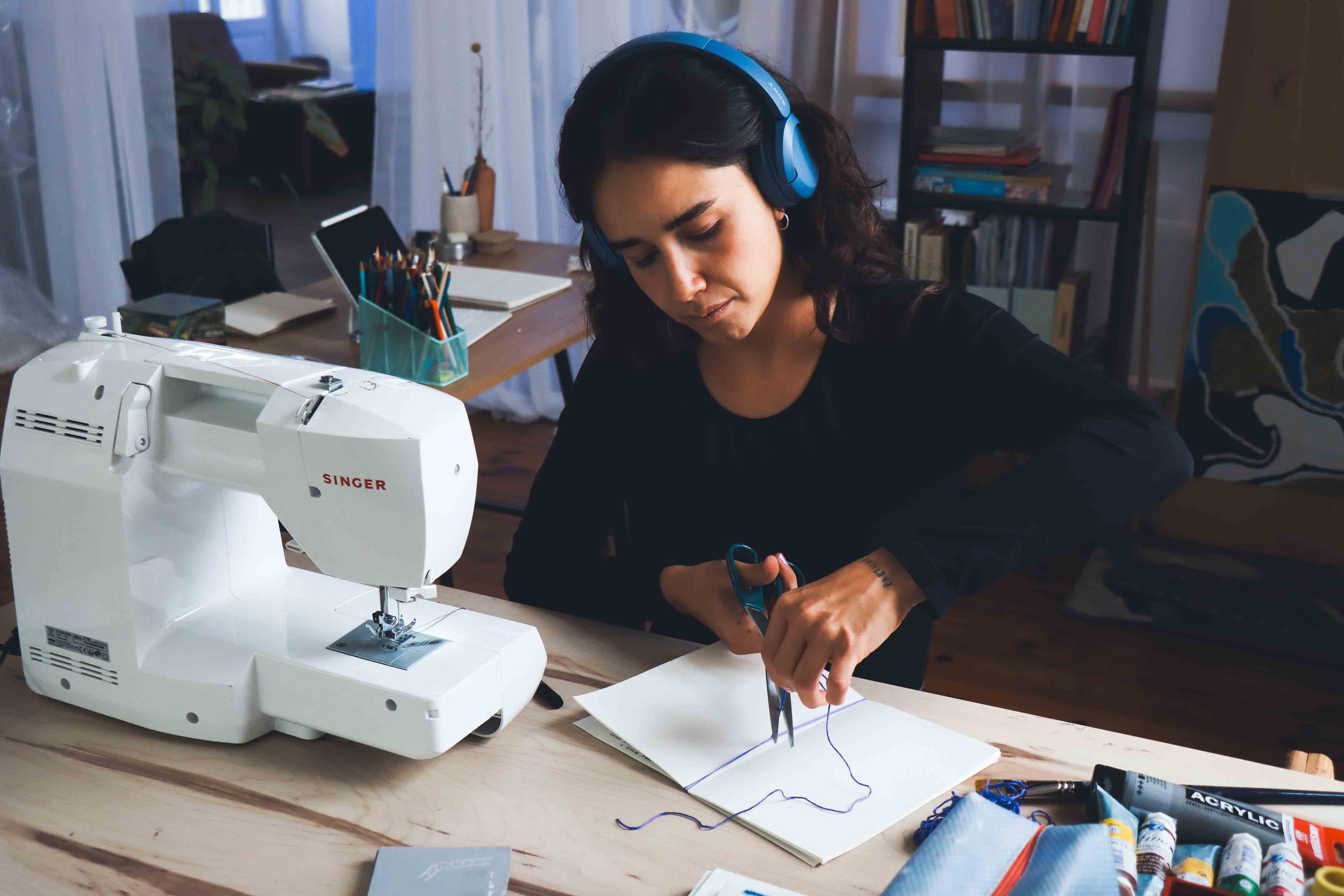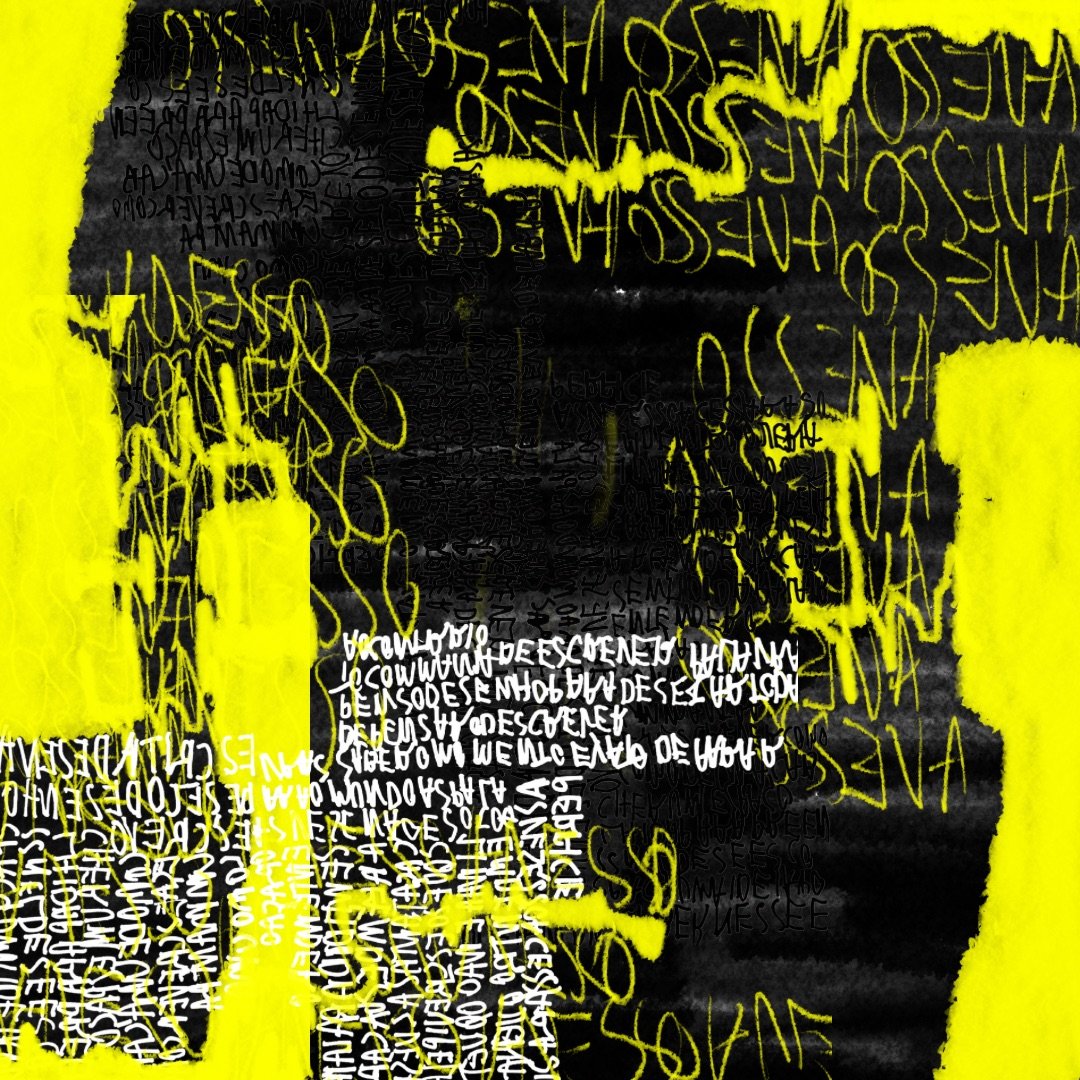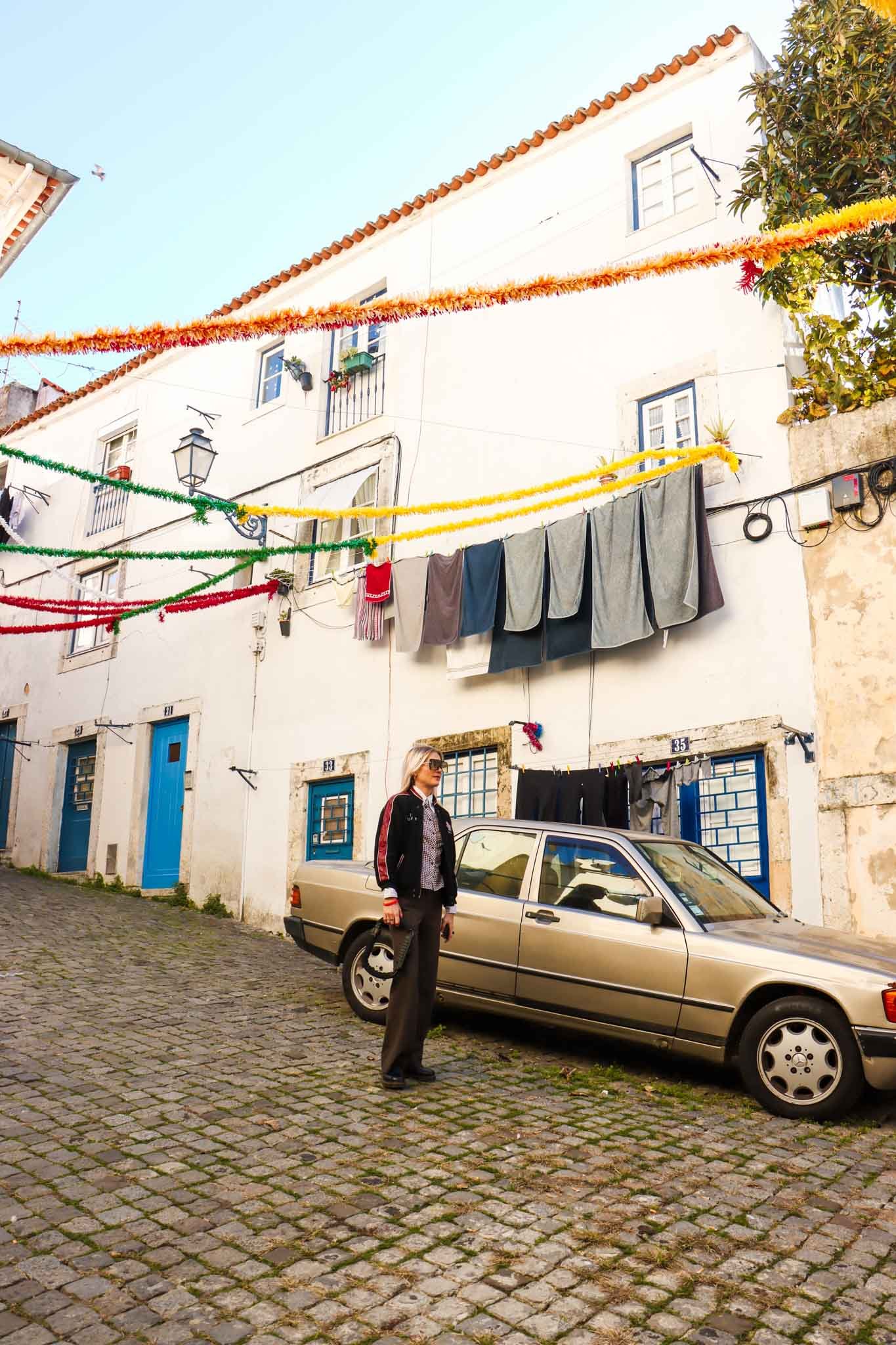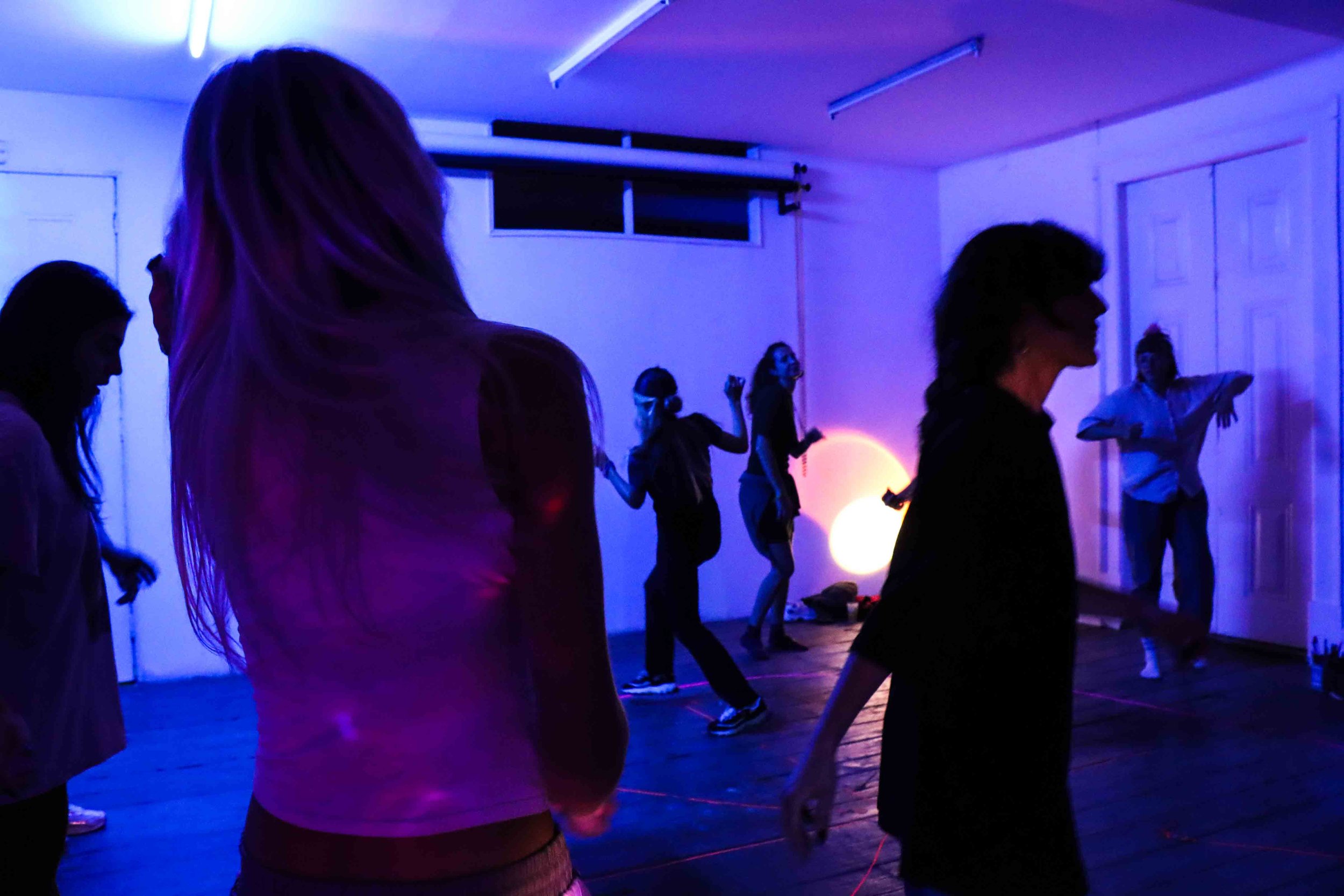CELEBRATING LIBERATION DAY THROUGH ART: 5 EVENTS TO EXPLORE IN LISBON
As Liberation Day approaches - a celebration of freedom, liberation and democracy - Lisbon comes alive with creative dialogue. We’ve curated 5 artistic events happening this month to commemorate the 50th anniversary of Liberation Day. Crossing boundaries and borders, engaging in art is a way to reckon with our past and our present political moment.
Multidisciplinary: Reading and listening to the Revolution: literature and music on the 25th of April @ CHAM – Humanities Center
The sessions cross literature and music from the revolutionary period, accompanied by the projection of photographs, starting with Portuguese artistic production from 1974 and the following years.
Credit: Torres Vedras Cinema Theatre
2. Theatre/Dance: Bantu @ Torres Vedras Cinema Theatre
“Bantu” designates a family of languages spoken in sub-Saharan Africa: it is identity and it is community. Bantu designates more than one linguistic occurrence. It could be: a specific language that survived the imposed European languages; an identity mechanism; a sign prohibited to the colonizer; a form of communication, full of cultural, historical, religious and political codes; the ephemeral materialization of a long encounter. The word “Bantu” embraces everything we want or imagine the Bantu show to be. What Bantu will be, however, is in the eye of the beholder. This is also a place that we wish to occupy: a different place for each of the bodies that inhabit it, shared in the wounds it tears, staggering on the path it follows; an exuberant place celebrating the community gathered on stage.
Bantu aims to create bridges between Portugal and Mozambique and promote the circulation and internationalization of dance.
3. Exhibition: Deconstruct Colonialism, Decolonize the Imaginary @ National Museum of Ethnology
The exhibition Deconstructing Colonialism, Decolonizing the Imaginary, on view from May 9th at the National Museum of Ethnology, in Lisbon, aims to present the lines of force of Portuguese colonialism, deconstruct myths and contribute, in an educational and accessible way, to a renewal of knowledge about the Portuguese colonial issue.
The exhibition is curated by Isabel de Castro Henriques and is promoted in cooperation with the National Museum of Ethnology. The project has a multidisciplinary team that brings together academics from different institutions and research centres.
4. Theatre: April 25, 1974 @ MAAT
In his film “The Girl Chewing Gum”, John Smith superimposes, on images captured on a London street, a voice that seems to give instructions for what happens. The movement of the street seems to be pre-determined by the artist. He tells people to cross the street, cars to pass or birds to fly.
This show recreates Smith's experience using images from April 25, 1974, as if the revolution were an artist's performance. In addition to making known the facts that guaranteed the establishment of a democratic regime in Portugal, it highlights the mechanisms of fictional construction and, in particular, the construction of manipulated realities. The superimposition of the voice of command on a reality that has already happened creates a situation that is also conducive to the “de-triviality” of the images themselves. A way to keep the images of April 25, 1974 intense.
The project is consulted by Joaquim Furtado, director-coordinator of information and programming at RTP for several years, author of documentary series and the announcer who, in the early hours of April 25, 1974, read the first communiqué of the Armed Forces Movement, on Rádio Clube Português.
Credit: Underdogs Gallery
5. Exhibition: Viva a Liberdade @ Underdogs Gallery
In the year commemorating the 50th anniversary of the 25 of April Revolution, Underdogs revisits this moment of undeniable historical importance with 13 works by Alfredo Cunha, one of Portugal’s most esteemed photojournalists, who provided us with some of the most memorable images of the revolution. Captured during the days, weeks, and months that followed the end of the dictatorship in Portugal, these photographs are true historical documents, revealing the city as a place of assertion and freedom of expression. They depict portraits of the struggle for democracy, showcasing the protest posters that adorned the city walls, a result of the new relationship of its citizens with urban space, resulting from the end of censorship.
Viva a Liberdade is also a reflection on Alfredo Cunha’s photographs from a contemporary perspective, of a Portugal in the midst of the 21st Century. Today, the Portuguese capital boasts a multicoloured social and urban landscape. Everywhere, posters celebrate cultural diversity, promote parties and gatherings, advertise concerts, plays, and exhibitions. Numerous murals, in addition to their artistic expression, become part of the landscape as acts of resistance. Posters critique contemporary local and global issues, while phrases praise and challenge political parties. Communication in the city of Lisbon is human expression imprinted on its streets. It is freedom.


